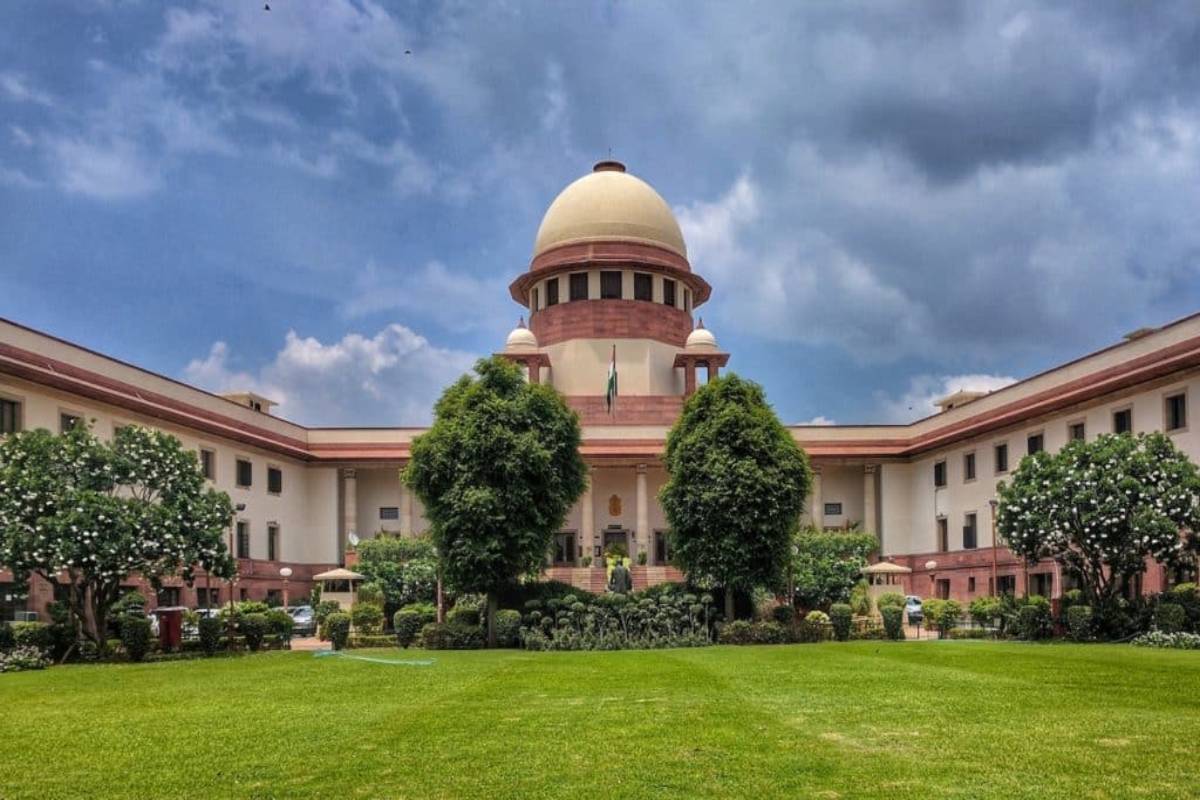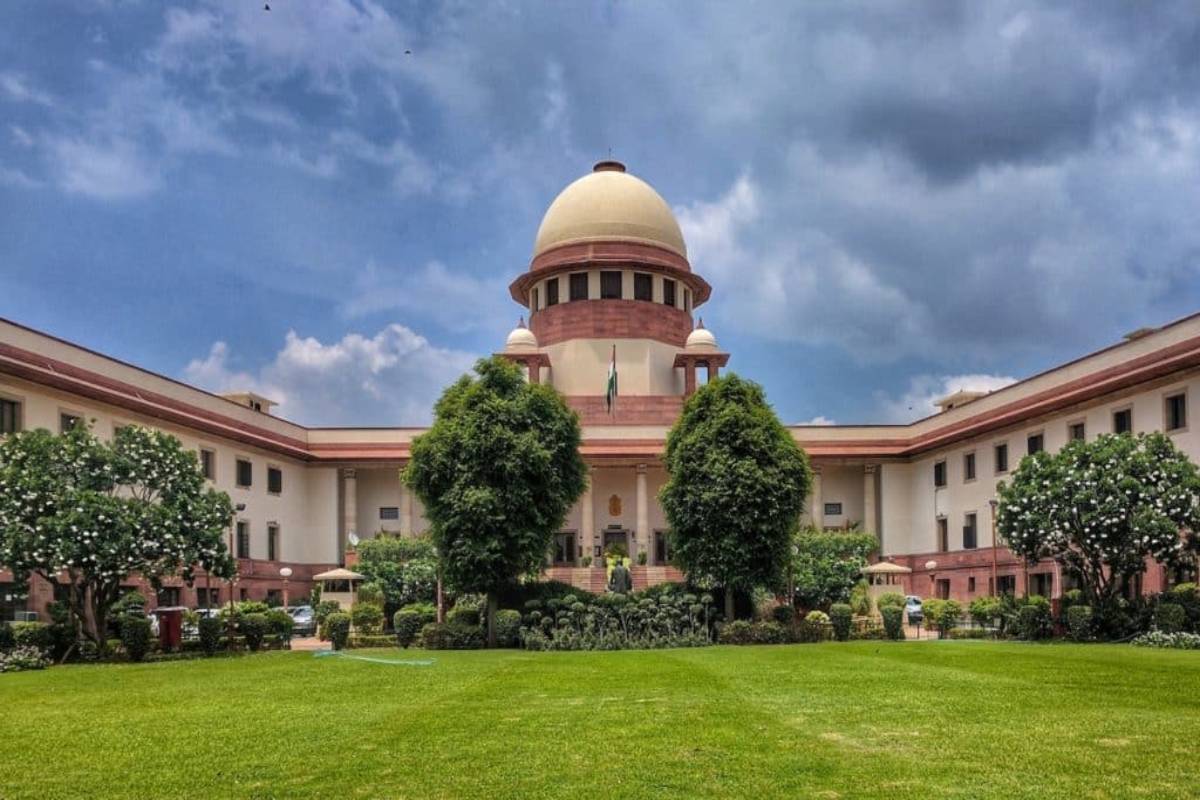India’s EVMs completely safe, tamper-proof: CEC Gyanesh Kumar
He said wherever democracy was present, electoral rolls and election processes were different.

He said wherever democracy was present, electoral rolls and election processes were different.

The Supreme Court is slated to hear on Friday a plea filed by Congress leaders seeking verification of Electronic Voting Machines (EVMs) used during the Haryana Assembly polls.

Chief Election Commissioner Rajiv Kumar on Tuesday dismissed the claims of hacking and tampering electronic voting machines (EVMs), saying there is no scope for such manipulations as the machines are foolproof.

Slamming Congress for questioning Electronic Voting Machines (EVMs), the BJP on Wednesday said the politics of the grand old party has been reduced to mere accusations and frustration.

Supreme Court has dismissed a petition seeking review of its judgement rejecting plea for 100 per cent verification of Electronic Voting Machines (EVMs) votes with their Voter Verifiable Paper Audit Trail (VVPAT) slips.
The Supreme Court on Monday directed the poll body to increase VVPAT verification from one EVM per constituency to five randomly selected EVMs in the upcoming General Elections.
The Electronic Voting Machines (EVM) and postal ballot papers would for the first time carry the photograph of all the candidates to help voters identify the political leaders in the fray.
EVMs were first used at 50 polling stations in a by-poll at the Parur Assembly constituency in Kerala in May 1982.
In the plea, the opposition requested the court that 50 per cent of results of EVMs must be matched and cross-checked with VVPATs before the declaration of results in the general elections.
The Commission asked the state administration to conduct operations on EVMs and VVPATs in the presence of stakeholders such as political parties and candidates to ensure transparency.
